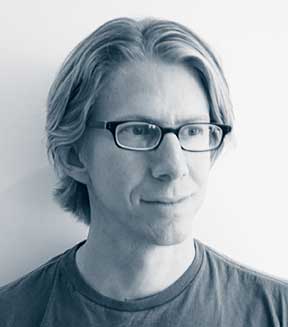Teacher, Parent, Citizen
Report from the CFT Convention: Panel Discussion on Building Powerful Coalitions
By Bill Miller
Although I wasn’t a delegate to the recent Convention of the California Federation of Teachers, held here in Sacramento over the weekend of March 15-17, I decided to attend as a visitor. It was inspiring to see all of the talks and hear about all of the good work–focused not only on strengthening our union but also on strengthening society–that members of the CFT have done and are doing.
One of the panels I saw was at the General Session on Saturday morning. It was a panel discussion entitled “Building Powerful Coalitions.”
Each of the four panelists started with one main idea: building powerful coalitions has to start with going beyond just thinking about the issues of educators to find the overlap with issues that affect communities.
Wes Davis, President of the Oxnard Federation of Teachers and School Employees, started by saying that when he actually discussed issues with other unions, that 90% of issues overlapped for all union members. His union, working with other organizations, went door-to-door and was able to get more than 17,000 new or occasional voters to vote in the election last November.
Mary Cathryn Ricker, President of the St. Paul Federation of Teachers, talked about her work in developing educational priorities with parents to motivate the community and bring these priorities back to her union’s contract negotiations. They started two book clubs that involved parents and teachers to discuss three questions: what are the schools our children deserve, what are the teachers our schools deserve, and what is the profession our teachers deserve?
Ricker also discussed the importance of always remembering that teachers are also members of their communities and that she “never ceded any ground as a teacher, parent or citizen,” which included broadening her focus to include issues such as homelessness and food security.
Jitu Brown, Organizer for the Kenwood Oakland Community Organization in Chicago, talked about the importance of finding “real shared interests” between communities and organized labor. In his neighborhood, Brown’s group has been almost perpetually fighting against the “G” word: gentrification. As the Mayor of Chicago was attempting to gentrify his neighborhood, part of the proposed gentrification included shutting down 20 of 22 local schools and reopening many of them as charter schools. “Organized labor is critical to protect folks from corporate greed,” said Brown. He continued by noting the importance of being able to “let go of artificial divisions and struggle together.”
His group worked closely with the Chicago Teachers Union (CTU) to defeat the proposed gentrification. Jesse Sharkey, Vice President of the CTU, was also on the panel. According to Sharkey, it was critical to talk about how the teacher’s issue is the same as the parents’ issue. He gave an example of how talking to the community about a school with a bullying principal won’t get much interest. However, talking about the issue of violence in a school that results from having a bullying principal is much more effective.
Ricker then added that when talking to the community, start by saying “the first thing we’re going to do is listen.” Davis summarized the discussion by adding, “1. Listen. 2. Show up.”

